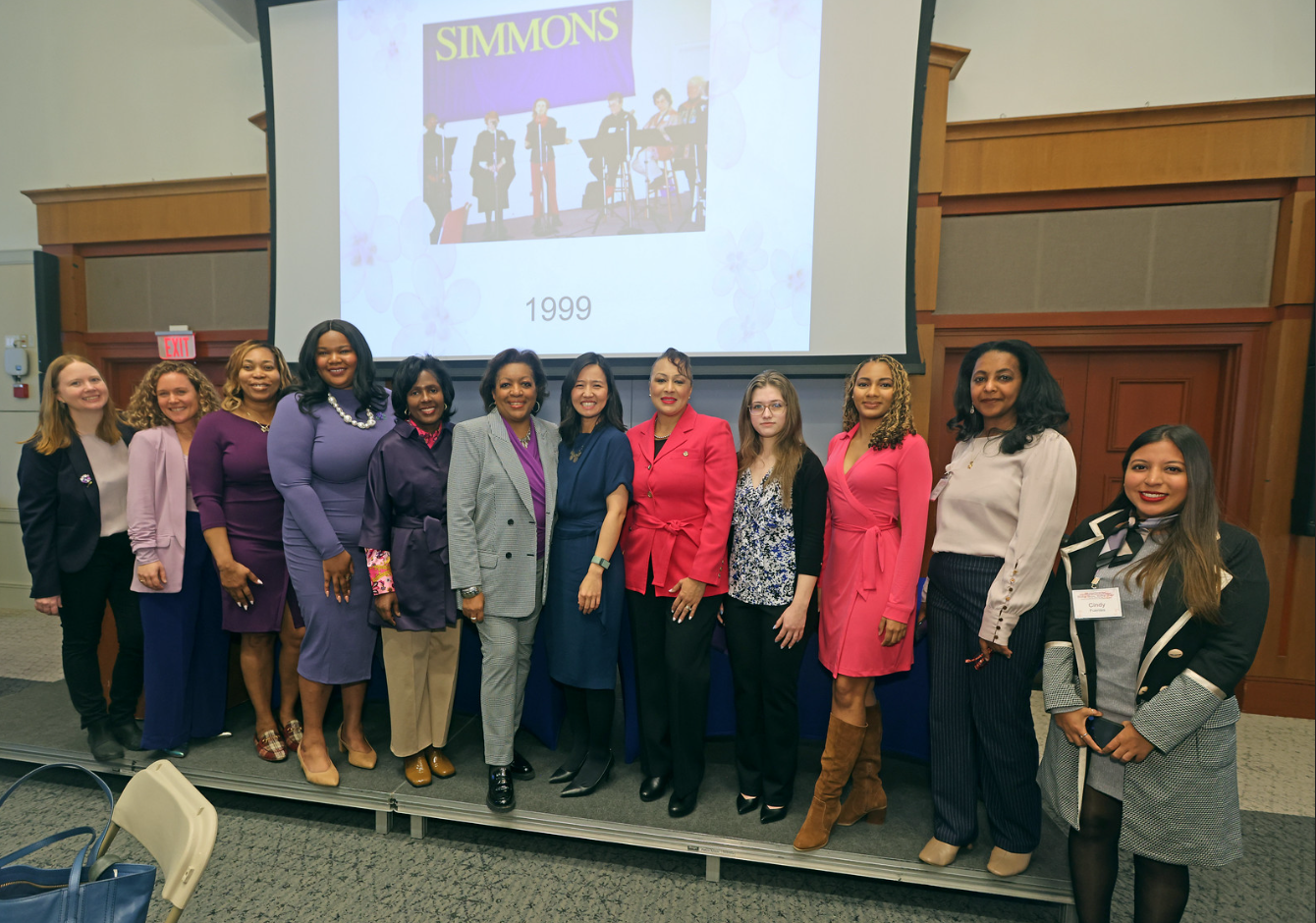LEGISLATIVE UPDATE
-
Bills that did not have a hearing/were not reported out of committee):
H. 1710 / S. 942
S. 1545
H.724 / S.428
S.1545
H.1872 / S.1188
H.1317
H.1537
H.1536
H.1757
H.357 / S.148
H.688
H.656
-
At least one chamber’s version has been reported out of committee; if one chamber’s hasn’t, it has an asterisk*
H. 565
H. 2288 / S. 1510*
H. 1802 / S. 931
H. 2264 / S. 1407
H. 1362 / S. 878
H. 724 / S. 428
H. 1976 / S.1494
H.2264 / S.1407
H.1362 / S.878
H.3913
H.1795 / S.1979
S.1976
H.597 / S.294
H.536 / S.318
H.477 / S.245
H.529 / S.344
H.3248 / S.2186
H.3084 / S.1990
H.563
H.4267
H.4278 / S.1201
H.3018
H.2138
H.4293 / S.1333
S.1415
H.2163 / S.1375
H.2138 / S.145
H.669 / S.422
H.211 / S.1112
H.3118
H.3130
H.1247 / S.740
H.1250 / S.799
H.1708* / S.978
H.1281 / S.817
H.2224 / S.1402
H.498 / S.259
H.1683* / S.945
H.1617 / S.1110
H.1037 / S.596
H.1705* / S.1108
H.1572
H.1758* / S.1046
H.560
H.1918 / S.1152
H.1399* / S.107
H.249 / S.2477
S.410
H.3095 / S.2016*
H.3095 / S.2029
-
H.534 / S.2491: I AM Bill
H.544 / S.268: Healthy Youth Act
H.2209 / S.1457 → H.4785: Out of Hospital Birth Access and Safety Act Licensed Midwives
H.2163 / S.1375: Postpartum Depression Screening (added to H.4785 ^)
S.2480: Pharmacists able to prescribe, dispense, and administer PrEP
H. 489 / S.301 → S.2707: Affordable and Accessible Childcare for All
H.4672 / S.947 → H.4750: Massachusetts Parentage Act
H.3368 / S.2207 → S.2429: An Act Relative to Gender Identity on Massachusetts Identification
-
H.4109 / S.1191: Wage Transparency
-
H.4241 → H.4744: An Act to Prevent Abuse and Exploitation
-
H.2133 / S.1430: Hormonal Contraceptives
S.2360: Establishing a Women’s Veterans Network
Mass NOW President Naitasia Hensey with author Ali Terese at the release of her new book, Free Period
This is the second year in the 193rd Legislative session, and we have just a few more months before the formal session ends on July 31st. We wanted to share an update on our 70 endorsed legislation on our feminist agenda since our last legislative update in February.
We’ve included a glossary of what each status means below. To learn more about the legislative process, we recommend this overview from Mass Legal Services.
Overall since our last legislative update, 12 bills have advanced (been voted out of Committee), 2 bills still have a chance of being voted out of Committee, 2 have been brought to a vote on a chamber floor, and we have 70 more days until the end of the Formal Legislative Session on July 31st to have bills passed both chambers! Check out the full list of bills awaiting a vote out of committee and write the committee to urge they’re reportedly favorably!
Mass NOW’s principal bill, the I AM bill (Increase Access to Menstrual Products) is in the House Ways and Means Committee. We know if brought to a vote the I AM Bill would pass unanimously.
Since our Advocacy Day in February update, NOW convened the student subcommittee of the MA Menstrual Equity Coalition to create, distribute and deliver a petition calling for free menstrual products in all Massachusetts schools. The team dropped off new cost fact sheets and postcards that YOU wrote right to the doors of legislators (NEW I AM Bill Advocacy Toolkit!).
In March we hosted a Menstrual Equity Consciousness Raising at the Boston Public Library. Boston City Councilor Gabriela Coletta joined our activists to share experiences of menstruating, strategies for advancing policy and pack period products for our partners at the Center to Support Immigrant Organizing.
An Act promoting access to midwifery care and out-of-hospital birth options and An Act relative to birthing justice in the Commonwealth have not passed through the legislative process on their own, however, their language and mechanisms have been adopted into both a Senate Maternal Health Omnibus bill and a House Maternal Health Omnibus bill - we call this the MOMnibus bill. An omnibus bill refers to a bill that adopts multiple individual pieces of legislature regarding the same broader topic. In this instance, the Massachusetts House and Senate have agreed to put forth an omnibus bill regarding maternal health. The MOMnibus bill has been reported favorably out of the Health Care Financing and Public Health committee and is in House Ways & Means Committee. In order to get this bill over the finish line, call your State Representative and ask them to speak with house leadership to bring the MOMnibus bill to a vote!
The Healthy Youth act also has experienced recent success. Senator Sal DiDomenico led the way in getting amendment 756 adopted in the senate budget! This amendment would allow and ensure the data collection of sex education occuring in Massachusetts public schools. While not the traditional legislative route, through this budget amendment, we now will have a more accurate picture of what is being taught in our schools. We will also be able to better implement Governor Healey’s updated sex-ed frameworks, and track where these updated frameworks are being taught and not taught. This is a great step for the Healthy Youth Act and will hopefully be adopted into the final 2025 Fiscal Year Budget. A big thank you to Senators Julian Cyr and Sal DiDomenico for being champions of the Healthy Youth Act and getting this amendment adopted. If you can, please send these two thank yous for getting this done! And to learn more about the Healthy Youth Act you can visit the coalition website and you can take action here!
Glossary
“Reported Favorably out of Committee”: After a joint legislative hearing, the assigned committee comes together to decide whether a bill is deemed “ought to pass” or “ought not to pass” (ought to pass being a “favorable” report).
“Passed on the Senate Floor”: A bill is placed into “the orders of the day” meaning it is on the agenda for debate and vote on the senate floor; And is passed with a favorable roll call (more Yeas than Nays). The bill then moves to the Senate committee on Ways and Means.
“Passed on the House Floor”: A bill is placed into “the orders of the day” meaning it is on the agenda for debate and vote on the house floor; And is passed with a favorable roll call (more Yeas than Nays). The bill then moves to the House committee on Ways and Means.
Conference Committee: After a bill passes both the senate and the house, the bill moves into a committee with members of both houses to agree upon a final draft. As it is common for house and senate bills to differ slightly, they must agree upon one version.
Joint Rule 10: This rule states that bills that have not had a favorable report or deadline extension from their committee by the February 7th deadline will go no further in the legislative process for the current session.
“No Action”: Bills that did not receive a favorable report or extension by the deadline.
Extended Committee Deadline: Committees can also decide to extend the joint rule 10 deadline, and give themselves more time to decide whether or not to give bills favorable reports.
Third Reading: After a bill passes the house or the senate the bill goes through 3 “readings”. The 2nd reading occurs after the bill has passed and is debated on, and amendments are proposed, then it is kicked to 3rd reading. Where more debate occurs and more amendments are proposed.
Passed as part of the Budget Fiscal Year ‘24: Instead of passing as legislation, the bill is essentially presented as budget amendments, and passed in the final budget of upcoming fiscal year 2024.
House Ways and Means: TThe committee bills are sent to after passing through their assigned committee with a favorable vote. This committee then decides how much a bill will cost, how to fund, or execute a bill, and then decides which bills are called to a vote on the House floor.
Senate Ways and Means: The committee bills are sent to after passing through their assigned committee with a favorable vote. This committee then decides how much a bill will cost, how to fund, or execute a bill, and then decides which bills are called to a vote on the Senate floor.





